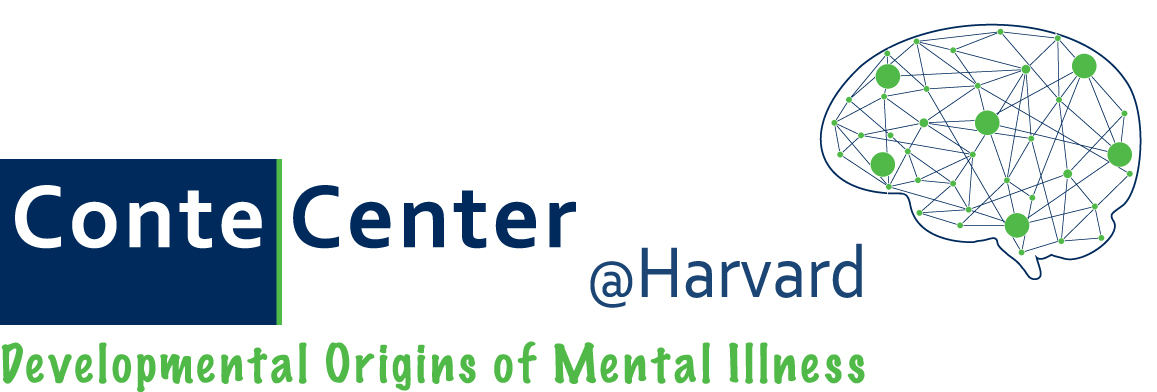“Neurodevelopmental Mechanisms Linking Childhood Adversity with Psychopathology Across the Life-Course”
Katie A. McLaughlin, PhD
Professor, Dept. of Psychology,
Harvard University School
Abstract: Children who have experienced environmental adversity—such as abuse, neglect, or poverty—are at markedly elevated risk for developing psychopathology. What is less clear is how and why adverse early experiences exert such a profound influence on children’s mental health. Identifying developmental processes that are disrupted by adverse early environments is the key to developing better intervention strategies for children who have experienced adversity. Yet, much existing research relies on a cumulative risk approach that is unlikely to reveal these mechanisms. This approach tallies the number of distinct adversities experienced to create a risk score. This risk score fails to distinguish between distinct types of environmental experience, implicitly assuming that very different experiences influence development through the same underlying mechanisms. In this talk, I will advance an alternative model. This novel approach conceptualizes adversity along distinct dimensions, emphasizes the central role of learning mechanisms and the neural circuitry that supports these mechanisms, and distinguishes between different forms of adversity that might influence learning and neural development in distinct ways. A key advantage of this approach is that learning mechanisms provide clear targets for interventions aimed at preventing psychopathology in children who have experienced adversity
Wednesday, November 30, 2022 at 1:00 pm
Free and open to the public. Email Conte@Harvard.edu for zoom info

